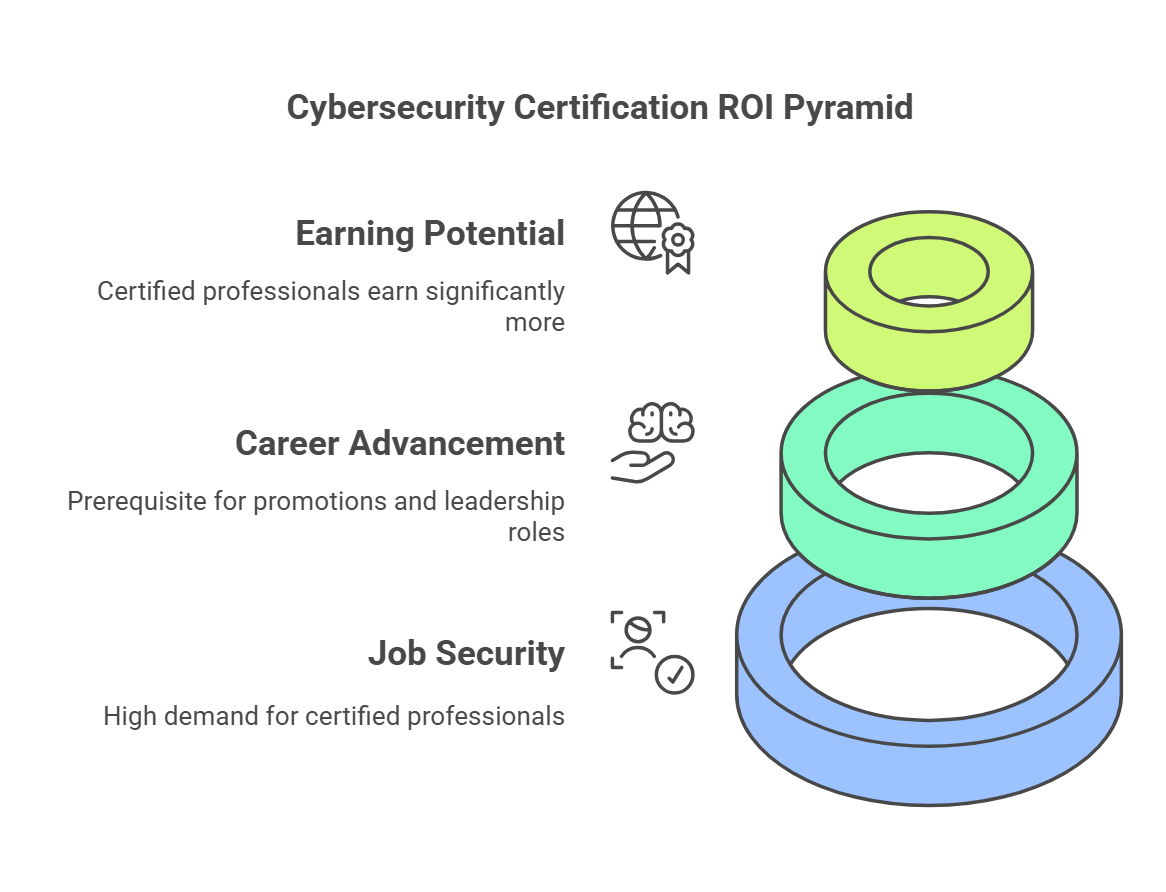Table of Contents
- What Is the Cybersecurity Certification Harvard?
- Why Choose Cybersecurity Certification Harvard?
- How Does Cybersecurity Certification Harvard Compare to ACSMI Certifications?
- Limitations of Cybersecurity Certification Harvard
- Key Outcomes from Cybersecurity Certification Harvard
- ACSMI Certifications
- FAQs About Cybersecurity Certification Harvard
- 1. What makes the Cybersecurity Certification Harvard unique?
- 2. How much does the program cost?
- 3. Can I pursue Harvard’s certification while working full-time?
- 4. Is Cybersecurity Certification Harvard enough to ensure employability?
- 5. Do employers prioritize Harvard over other certifications?
- 6. How long does the program last?
- 7. Can Harvard certification help with career transitions?
- Final Thoughts
When it comes to cybersecurity education, few names carry the same weight as Harvard. Known for its excellence in academia, Harvard offers a cybersecurity certification program that blends theoretical excellence with real-world application. Aspiring professionals often search for programs that not only elevate their skills but also their résumés, and the Cybersecurity Certification Harvard offers precisely that.
What Is the Cybersecurity Certification Harvard?
Harvard Cybersecurity Certification is a program offered by Harvard University, aimed at professionals of varying experience levels who want to deepen their understanding of cybersecurity principles and best practices. More than just an academic course, it is a stepping stone into high-demand roles within the cybersecurity industry. The program typically covers foundational knowledge, risk management, threat mitigation, and compliance with global cybersecurity frameworks.
Key Highlights of Harvard’s Cybersecurity Certification
- Focus on cutting-edge risk mitigation and systemic defense practices
- Industry-relevant curriculum, validated by leading cybersecurity professionals
- Access to Harvard's alumni network for career acceleration
- Online and hybrid formats tailored for professionals juggling work and study
While prestigious, enrollment in such programs may come with financial, time, and logistical challenges. This is why many candidates pair it with more modular, hands-on programs like ACSMI’s 400+ cybersecurity certification modules, which offer significant flexibility in learning pathways.
Why Choose Cybersecurity Certification Harvard?
1. Prestige that Stands Out
A certification from Harvard speaks for itself. Employers immediately recognize the prestige and academic rigor that comes with a Harvard education, making your résumé stand out in competitive markets. It ensures you’re taken seriously as a candidate for leadership roles.
2. Comprehensive Curriculum
The Harvard program is designed for all levels of expertise, breaking down complex concepts into digestible units for beginners while providing deeper insights for seasoned professionals. From entry-level basics to high-level strategies like enterprise security, the curriculum adapts seamlessly to varied professional goals.
3. Access to Global Thought Leaders
You’ll gain insights through lectures and case studies created by Harvard professors and cybersecurity experts actively engaged in the field. This sets the program apart, as theoretical learning is paired with real-world applications.
4. Networking Opportunities
Studying at Harvard isn’t all about knowledge—it’s about connections. Whether it’s forming cross-industry relationships or joining the esteemed Harvard alumni network, completing the Cybersecurity Certification Harvard opens doors to career opportunities otherwise out of reach.
5. Holistic Development
The certification doesn’t just focus on the technical side of cybersecurity. Ethics, policy, legal implications, and leadership skills are also covered, making it ideal for professionals aiming for decision-making roles.
How Does Cybersecurity Certification Harvard Compare to ACSMI Certifications?
While Harvard offers unmatched academic prestige, programs like ACSMI’s cybersecurity certification provide unparalleled flexibility. For instance, Harvard’s curriculum often caters to broader audiences, meaning its structure may not fully prioritize practical, day-to-day operational skills.
Meanwhile, programs like ACSMI’s tailor-made certifications pair were-you-must-know theory with over 400 hands-on modules, offering industry-relevant tools like penetration testing, threat simulation, and requisite systems analysis. Unlike a Harvard certification’s broad approach, tailored certifications excel at honing specific skill sets to prepare professionals for immediate roles in cybersecurity.
Pairing the Harvard certification’s theoretical backing with ACSMI’s actionable skills may be the smartest move for comprehensive career preparation.
Limitations of Cybersecurity Certification Harvard
It’s essential to weigh the potential limitations of Harvard’s program before investing.
- Cost Barrier: Harvard programs are premium-priced, often limiting accessibility to aspiring professionals, particularly fresh graduates or career switchers.
- Time Commitment: Many enrollees find balancing Harvard’s demanding coursework alongside full-time jobs challenging.
- Less-Diverse Delivery: Compared to modular programs, Harvard might offer fewer real-world exercises, and greater emphasis on lectures rather than bootstrap frameworks perfect for hands-on learning.
This isn’t an argument against Harvard but rather a call to balance theoretical and practical education. Consider complementary programs like those provided by ACSMI to fill in any gaps in experiential learning.
Explore ACSMI’s programs for powerful, affordable certifications that complement the conceptual strength of the Cybersecurity Certification Harvard.
Key Outcomes from Cybersecurity Certification Harvard
Enrolling in Harvard’s certification program leads to several long-term professional benefits, including but not limited to:
- Enhanced credibility in applying for roles like Security Analyst, Cybersecurity Consultant, or Pen Tester
- Advanced knowledge in regulatory compliance, security policies, and legal considerations
- Leadership-oriented modules to help position you for supervisory roles in teams or organizations
However, maximizing these outcomes often requires supplementing Harvard’s certification with hands-on, technical programs to solidify practical reasoning and problem-solving abilities.
ACSMI Certifications
Combining ACSMI with Cybersecurity Certification Harvard
If the Cybersecurity Certification Harvard provides the academic depth, ACSMI’s 400+ modules offer actionable insights to complement it. ACSMI programs span every cybersecurity vertical, ensuring skill-level alignment across professional competencies.
By combining both programs, learners master ethics and leadership fundamentals while building actionable skills demanded by modern employers.
FAQs About Cybersecurity Certification Harvard
1. What makes the Cybersecurity Certification Harvard unique?
The program’s academic prestige, comprehensive modules, and access to leading thought leaders make it a benchmark in cybersecurity education.
2. How much does the program cost?
Tuition varies based on course intensity and delivery mode but can range from several thousand to tens of thousands of dollars for certification tracks.
3. Can I pursue Harvard’s certification while working full-time?
Yes, it offers online and hybrid formats designed to adapt to working professionals’ schedules, though the intensity of coursework may require time management skills.
4. Is Cybersecurity Certification Harvard enough to ensure employability?
It boosts employability but ideally should pair with technical, real-world certifications for well-rounded professional knowledge. Programs like ACSMI’s provide complementary practical experience.
5. Do employers prioritize Harvard over other certifications?
While Harvard’s name carries significant weight, employers often seek candidates who marry theoretical expertise (Harvard) with technical know-how (like ACSMI modules).
6. How long does the program last?
On average, certification programs can take between 6 months to a year to complete, depending on the pace and format you choose.
7. Can Harvard certification help with career transitions?
Absolutely. The emphasis on ethics, policy, and risk management makes career transitions easier, especially for professionals moving into cybersecurity leadership.
Final Thoughts
The Cybersecurity Certification Harvard is a prestigious program that elevates your cybersecurity expertise and boosts your marketability. However, combining its academic rigor with practical modules like those from ACSMI will allow you to stand out even more in a rapidly evolving landscape. With Harvard’s insights and ACSMI’s action plans, you can balance theoretical depth with technical precision, setting yourself up not just for better opportunities but lasting industry impact.

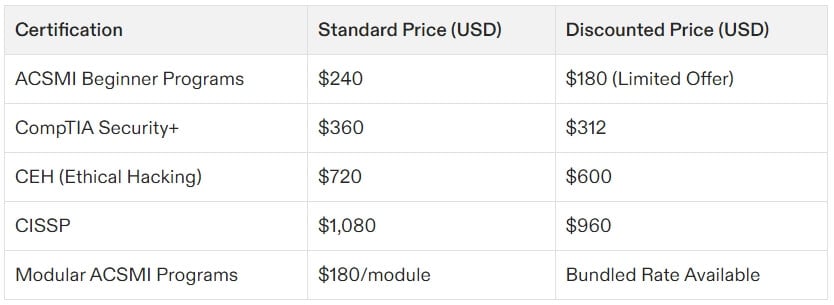

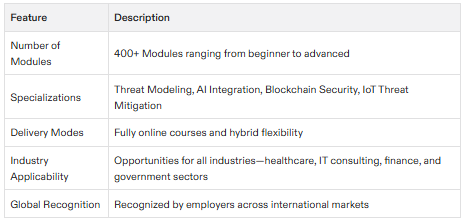
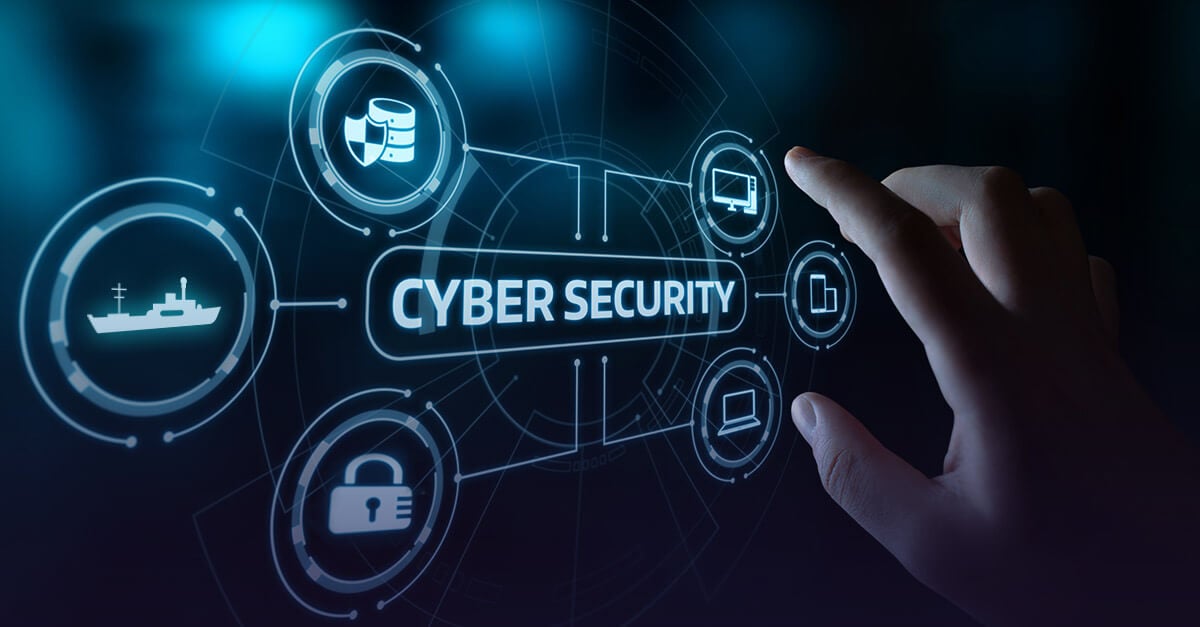
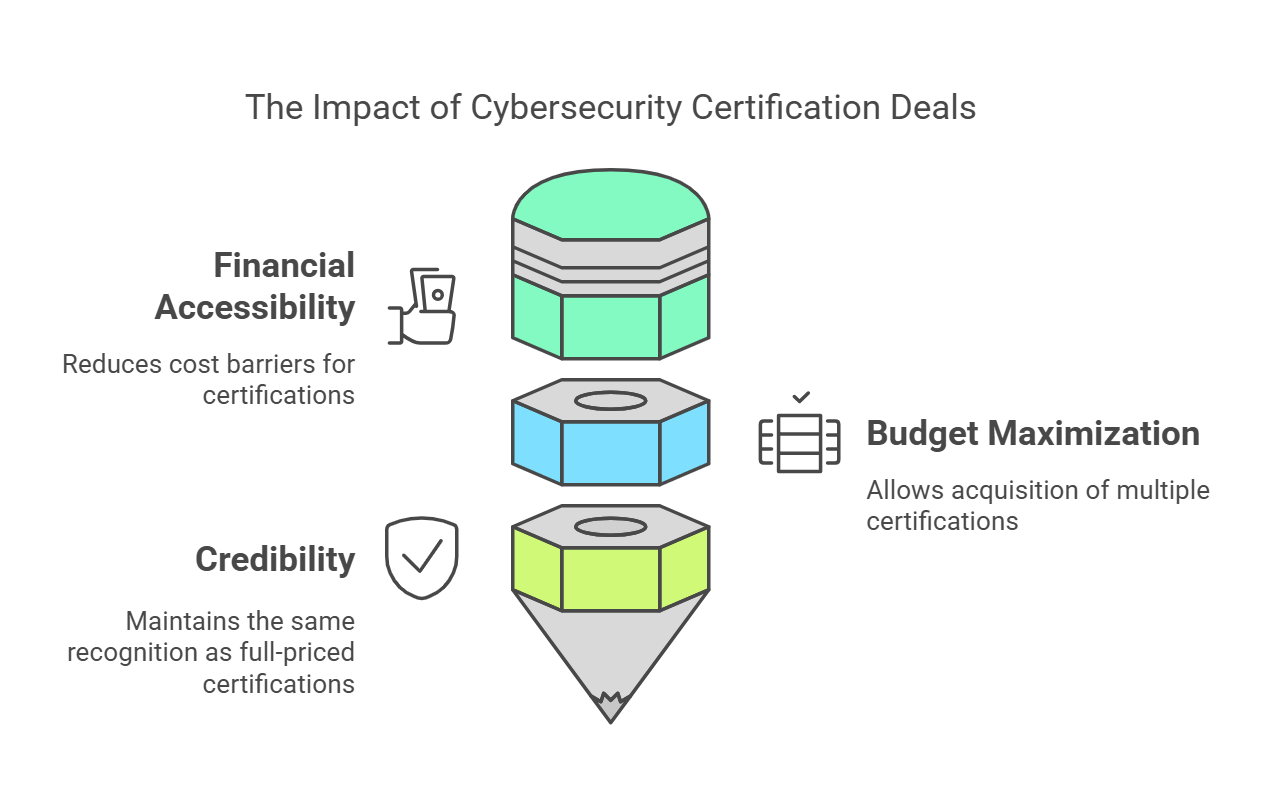
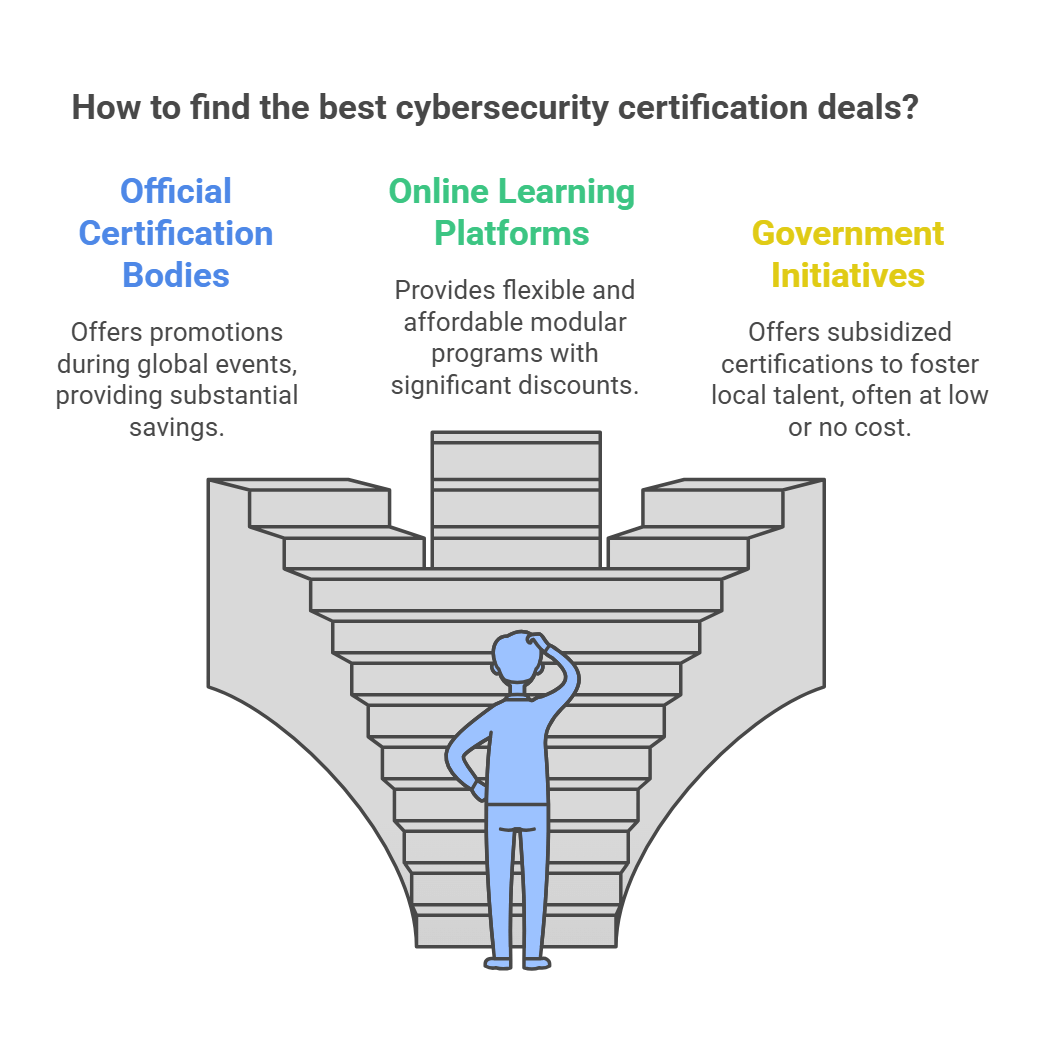
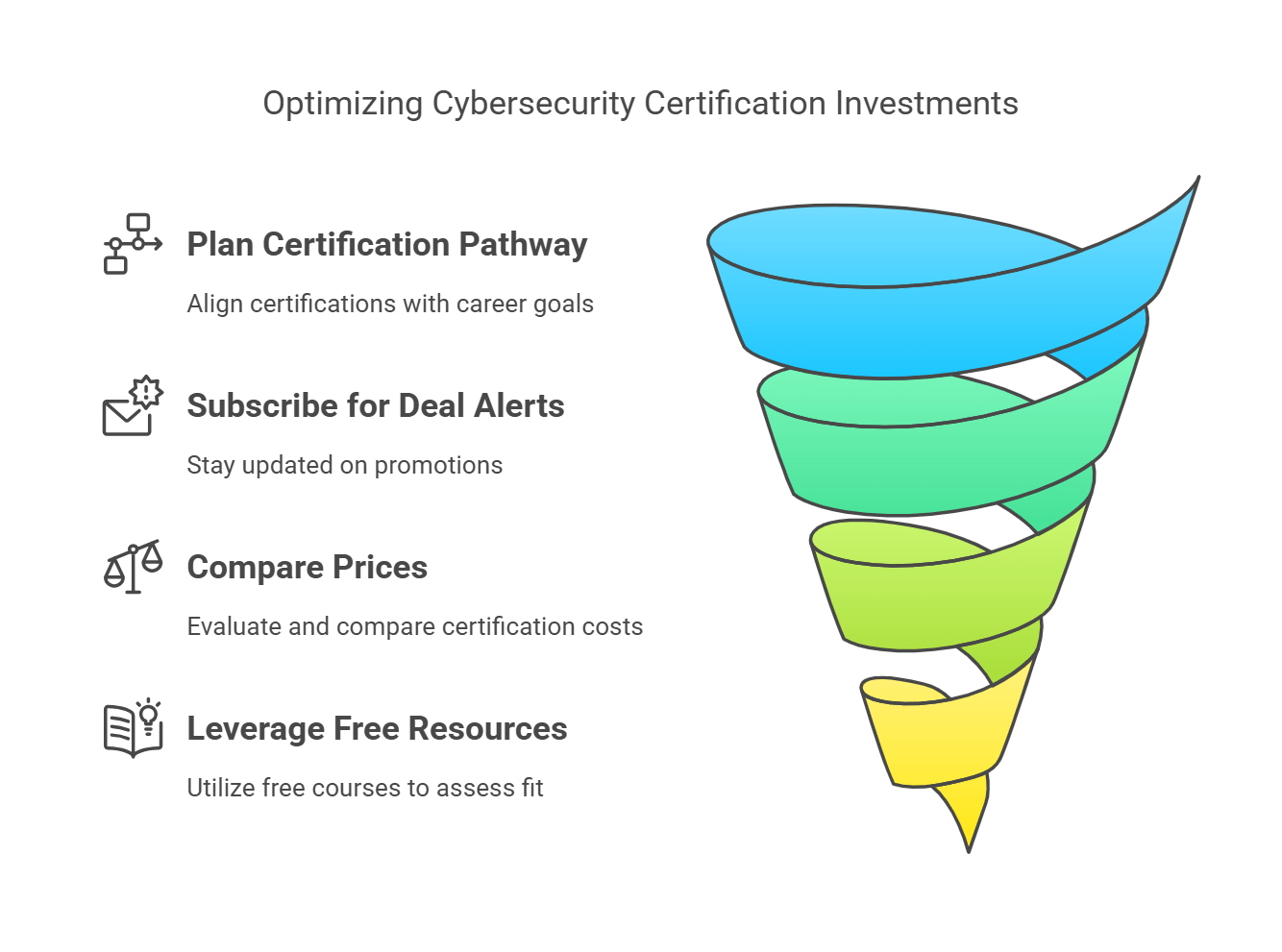

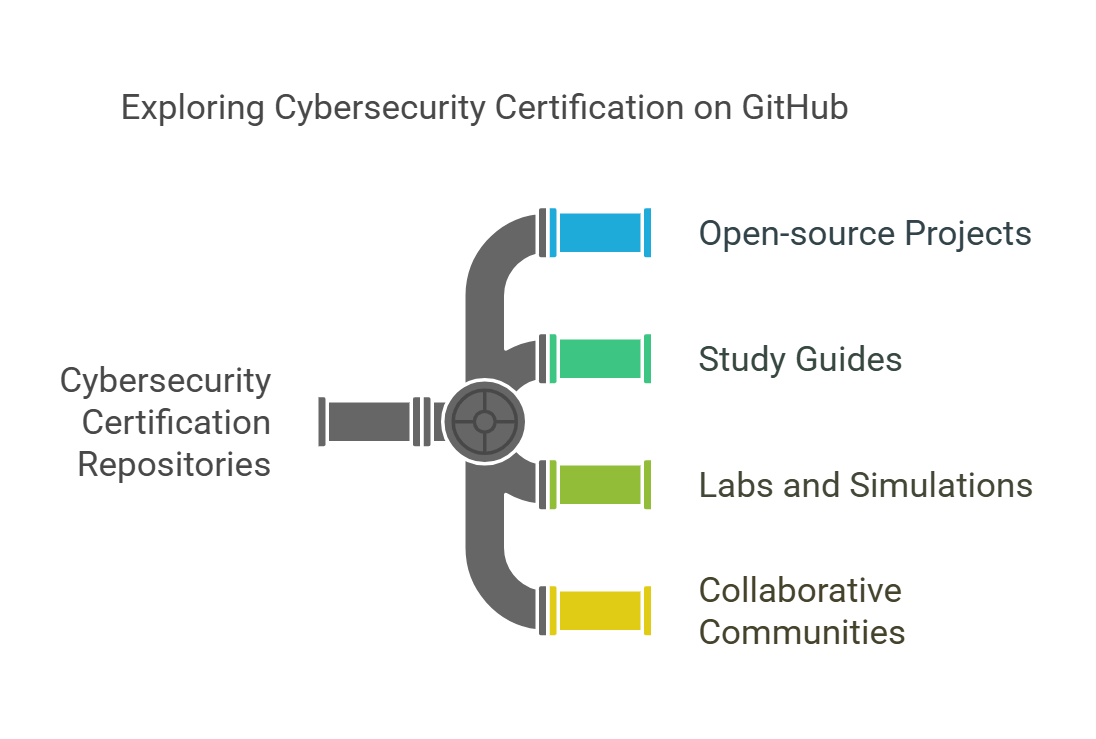
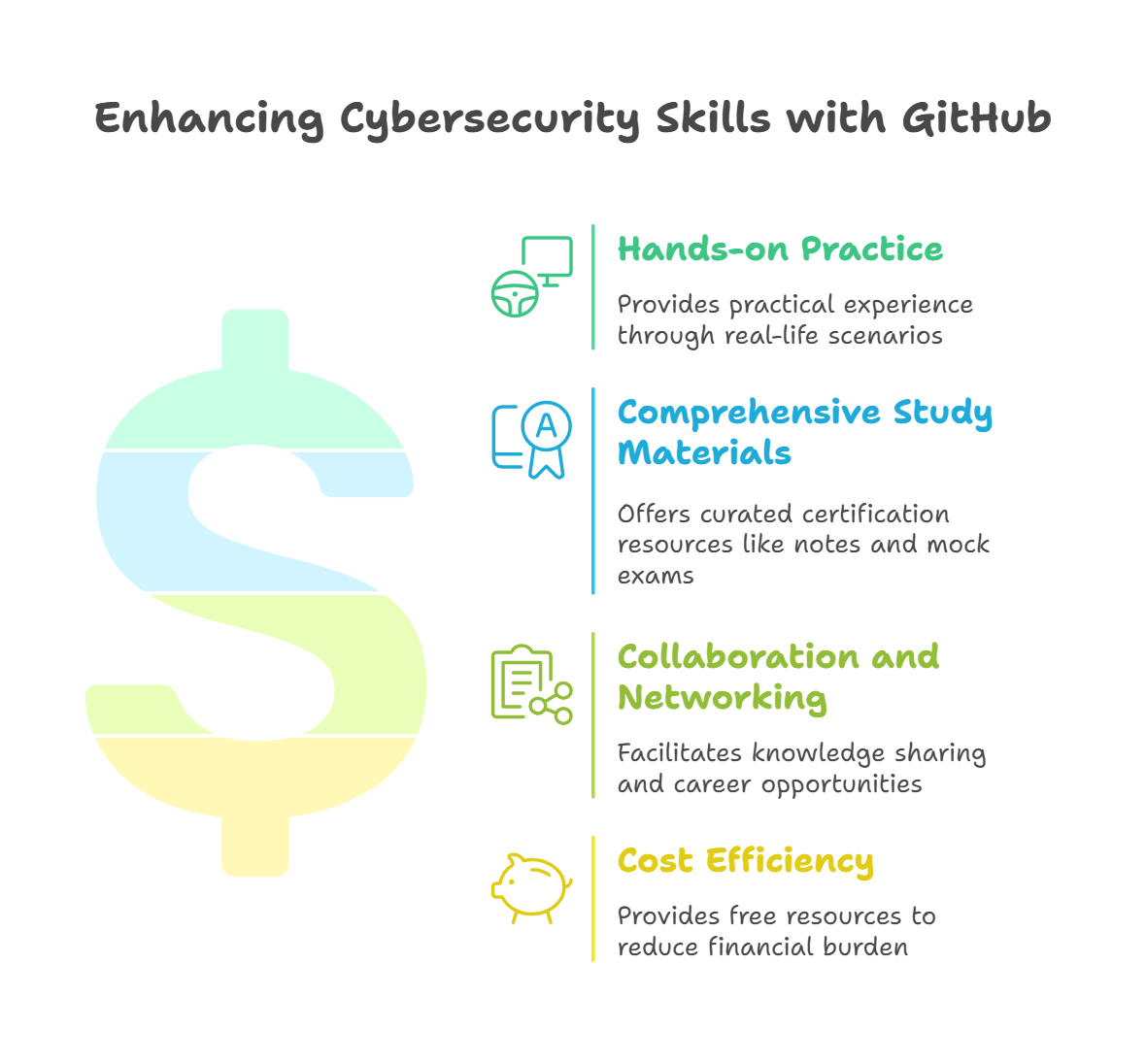
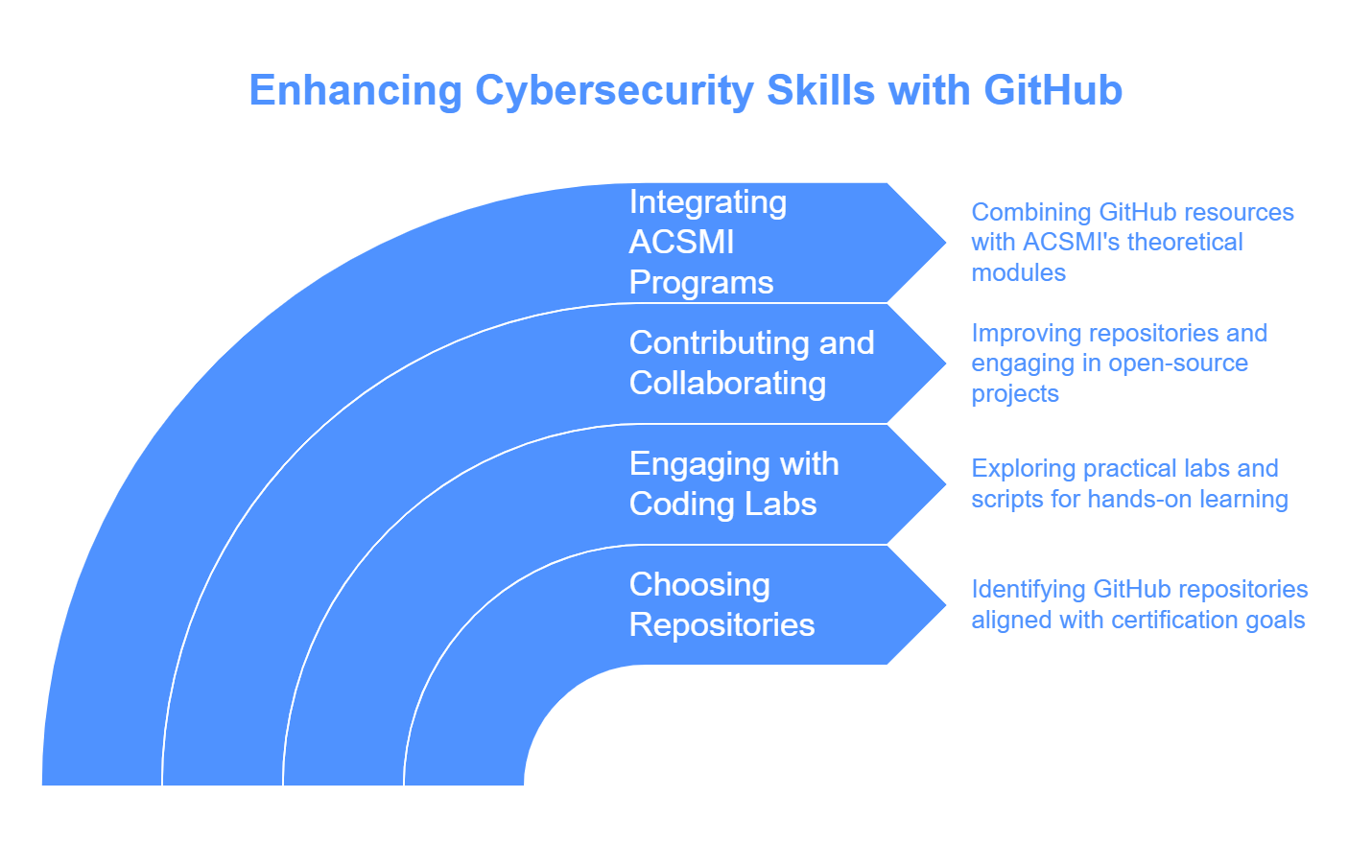
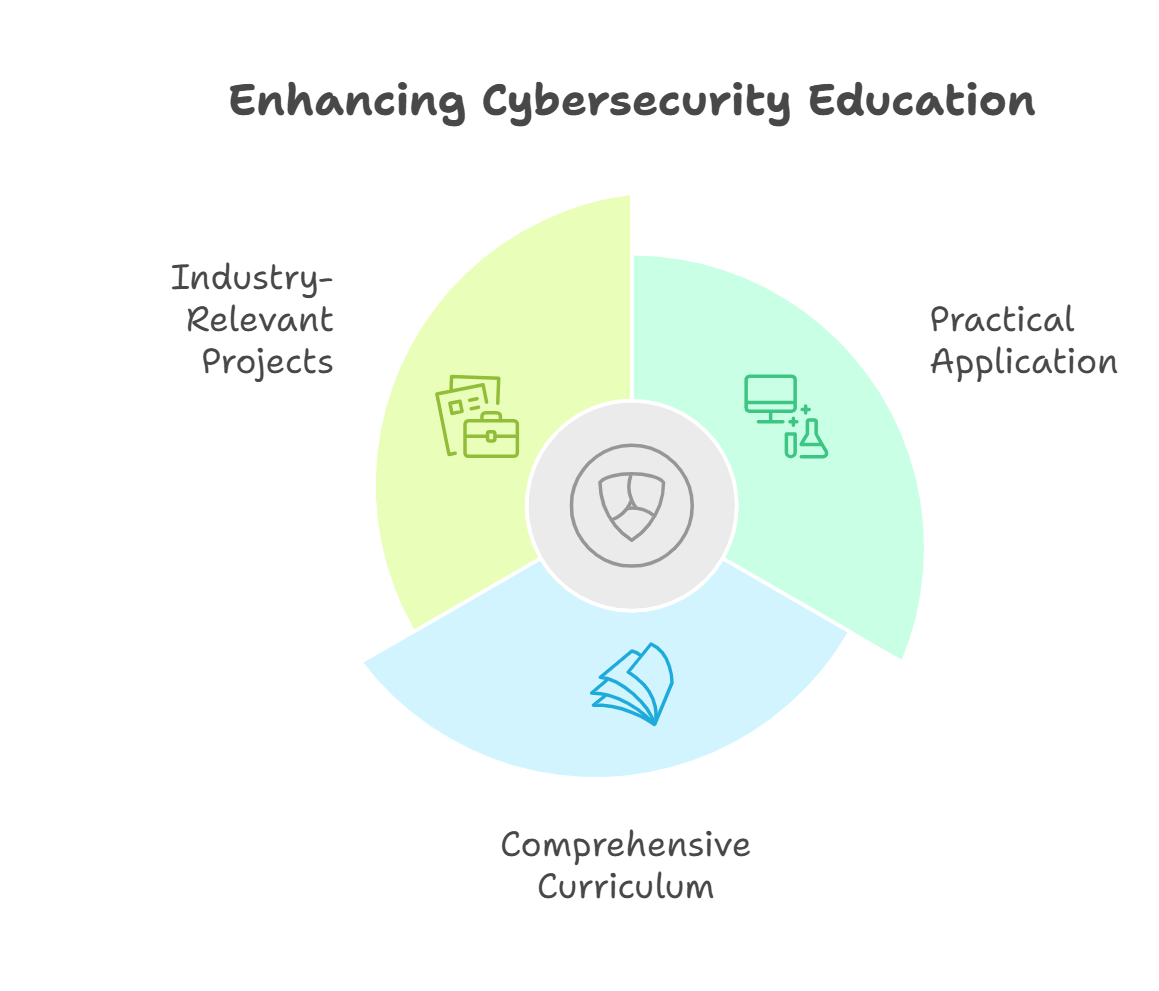
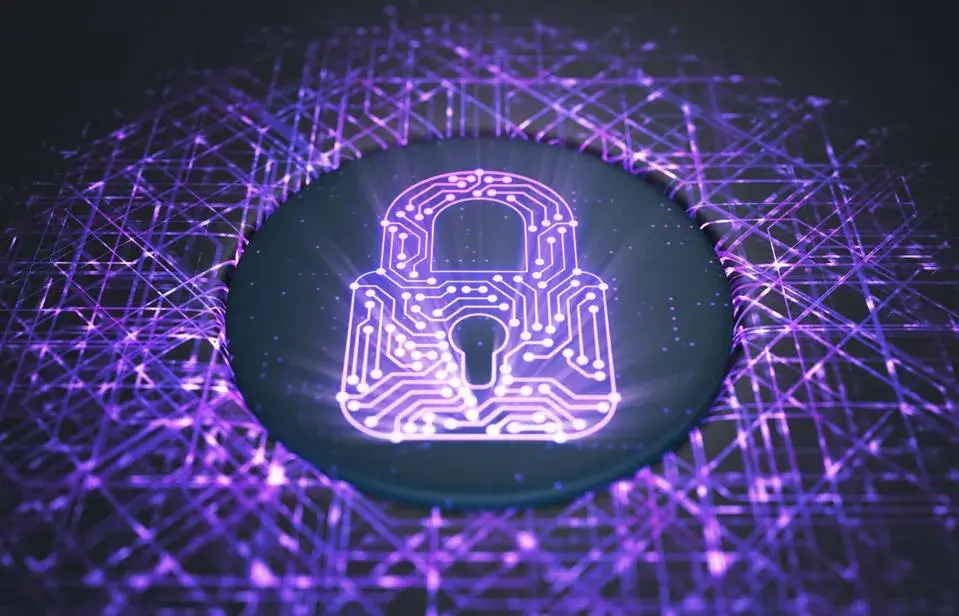
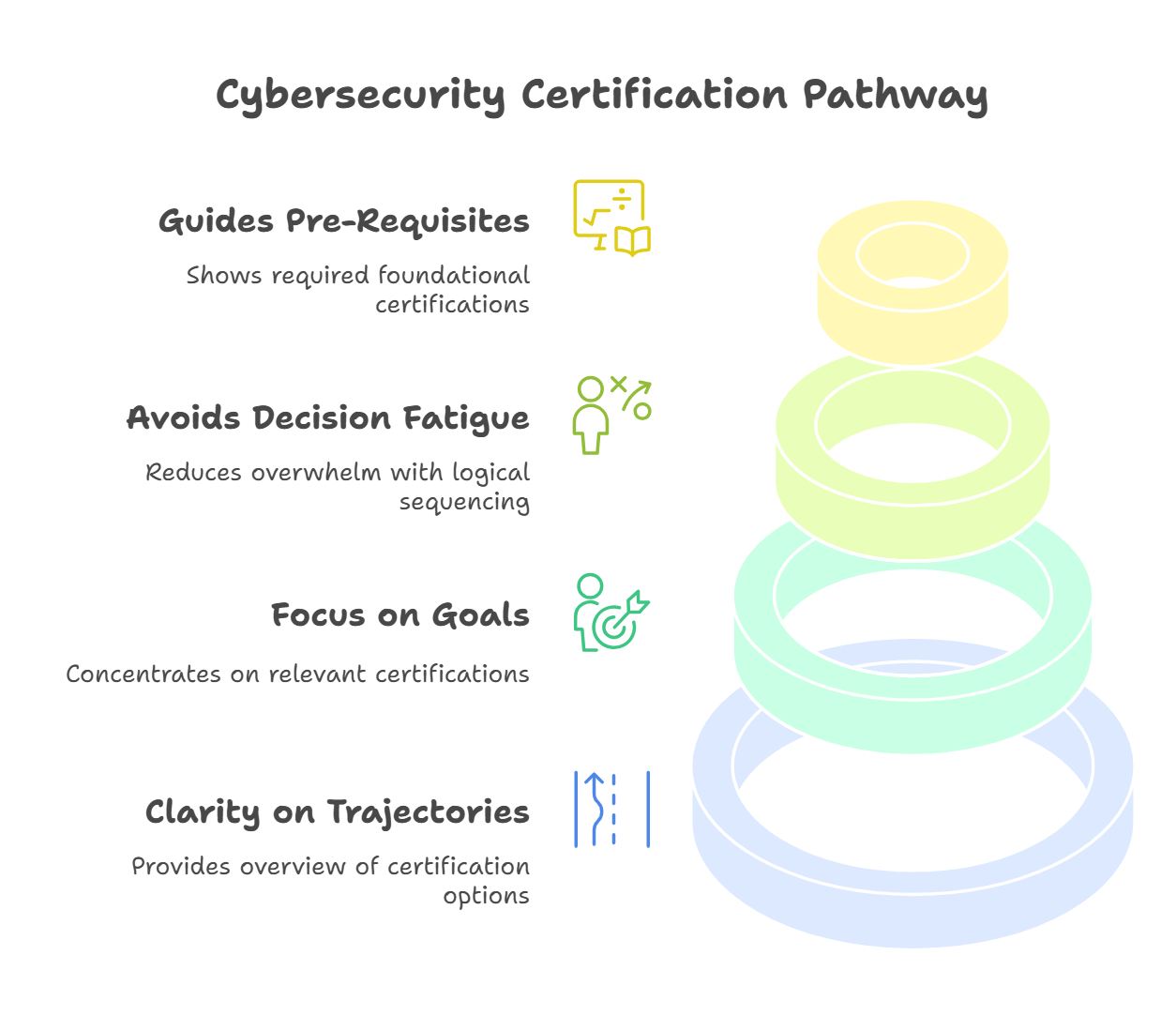
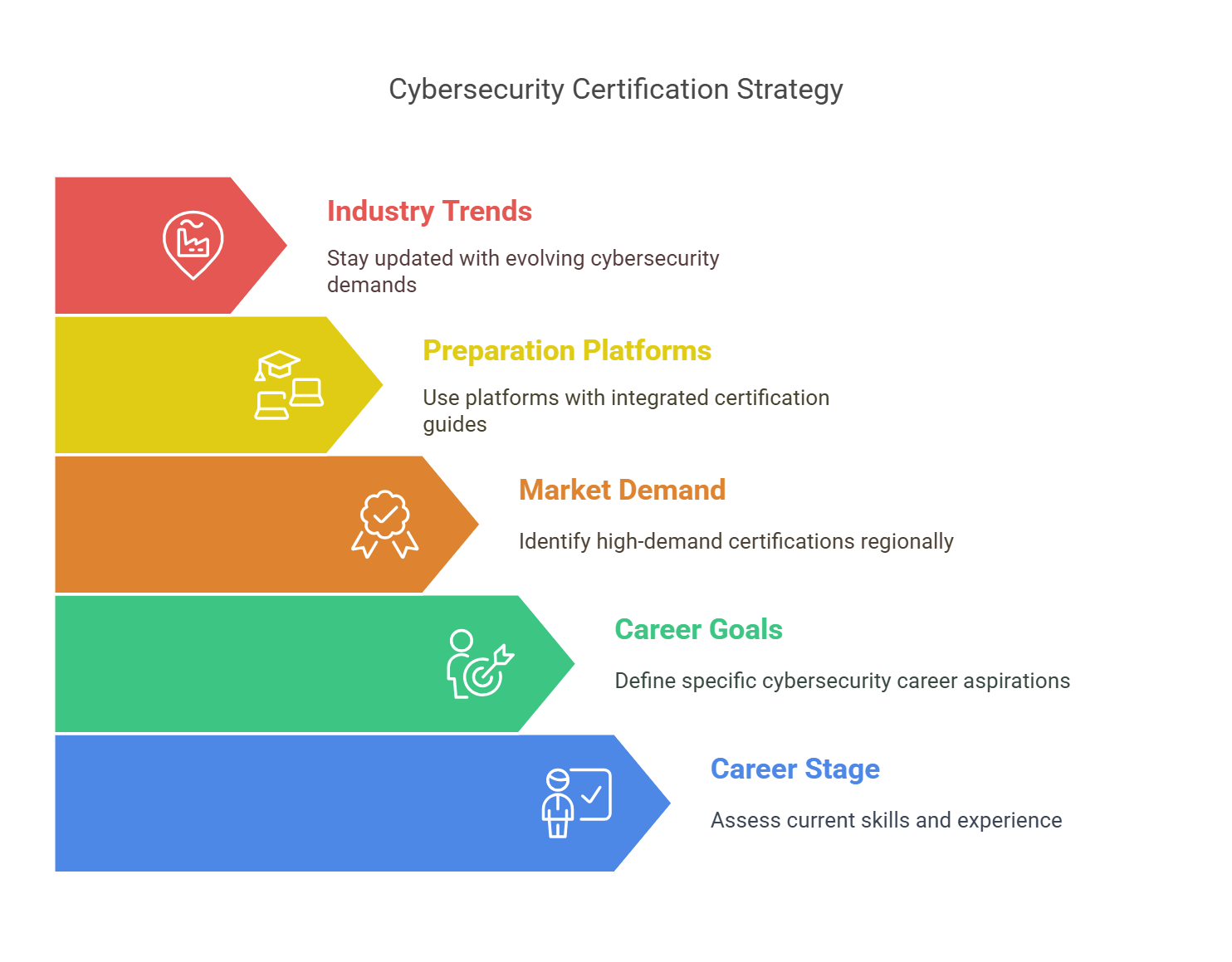

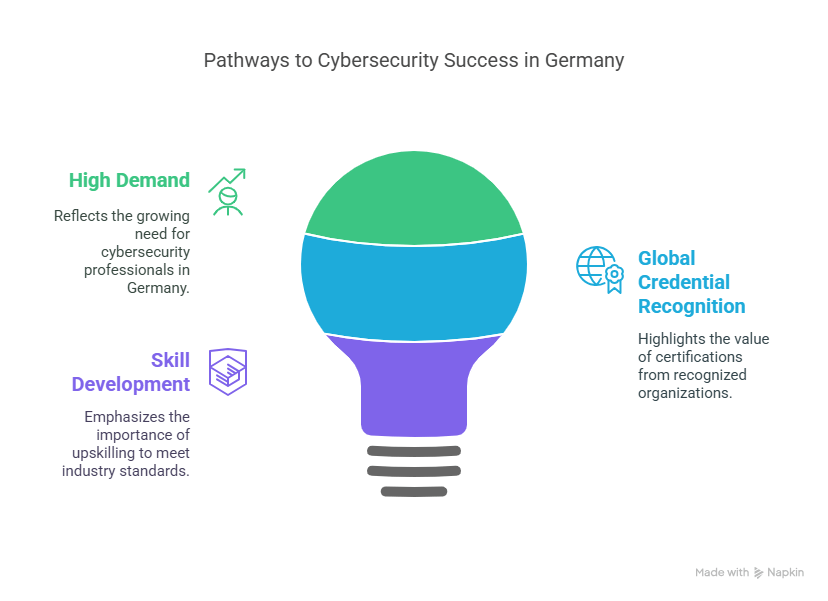
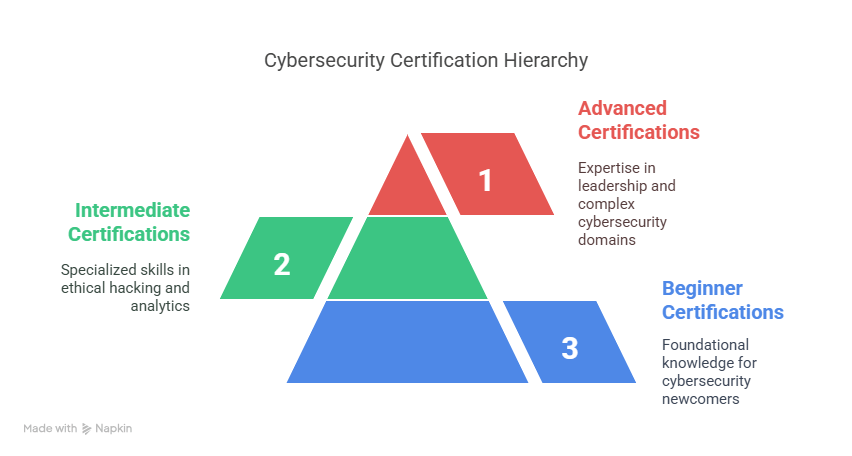
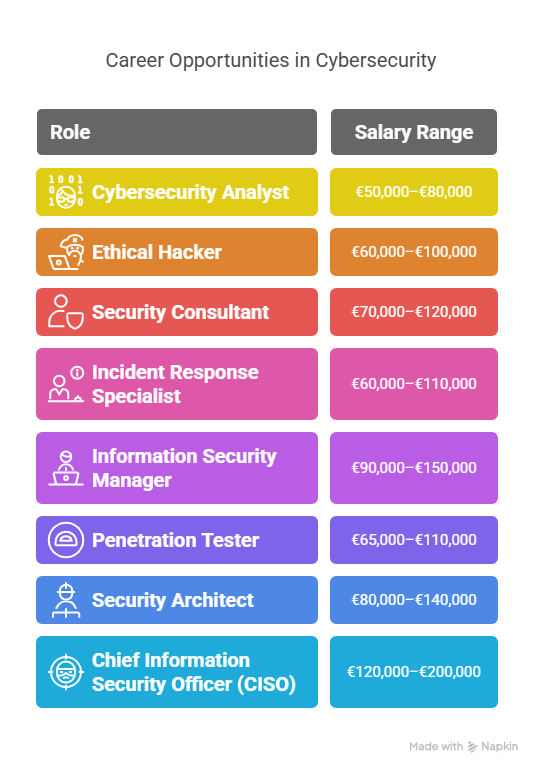
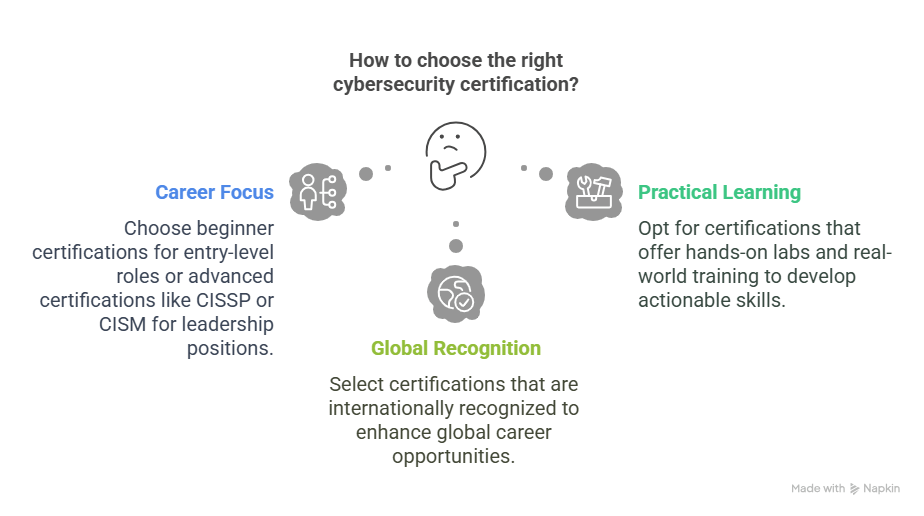
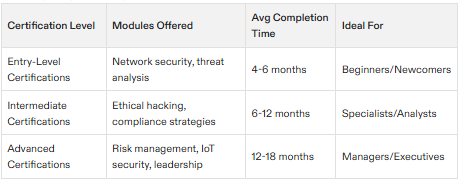
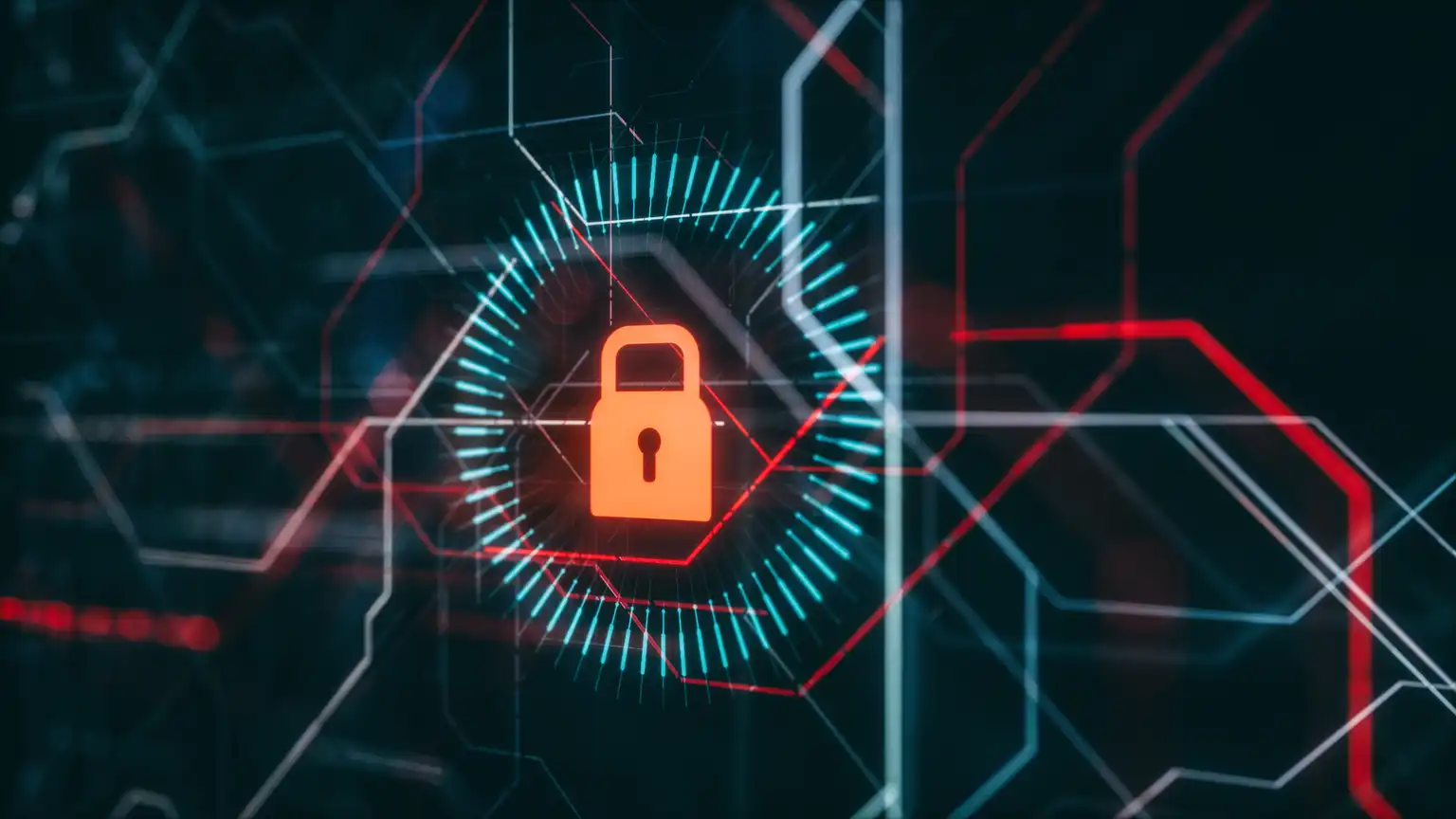
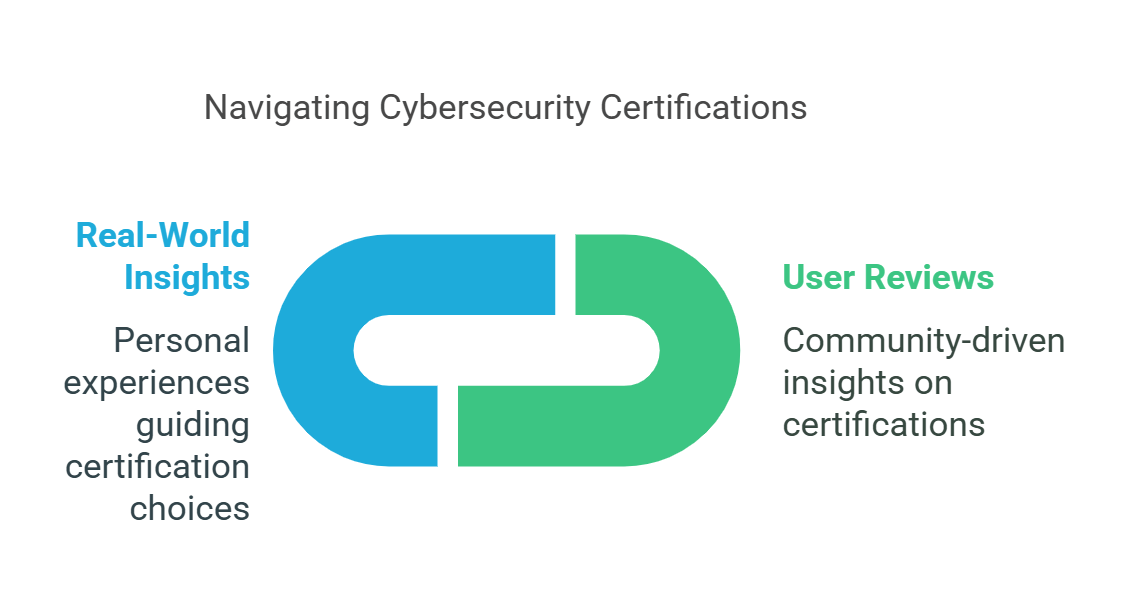

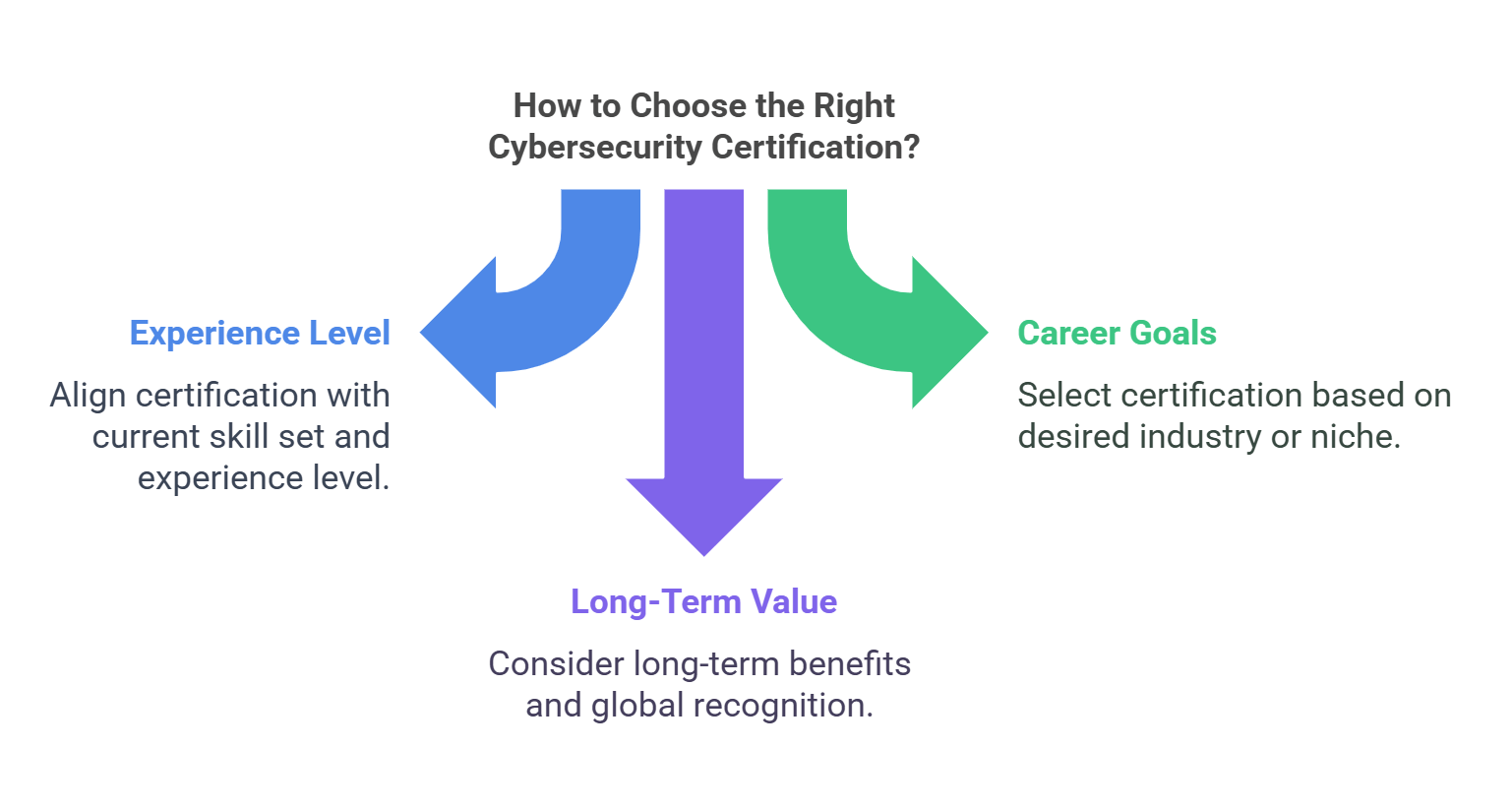
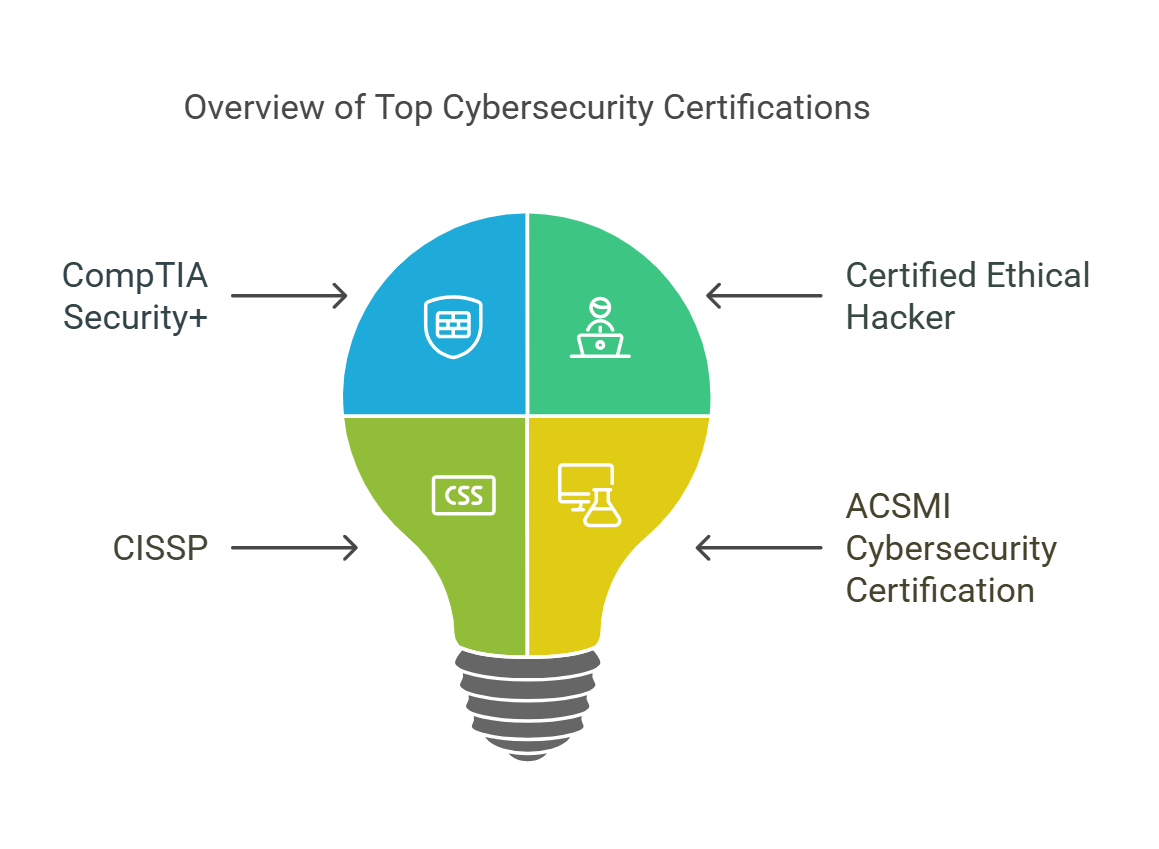

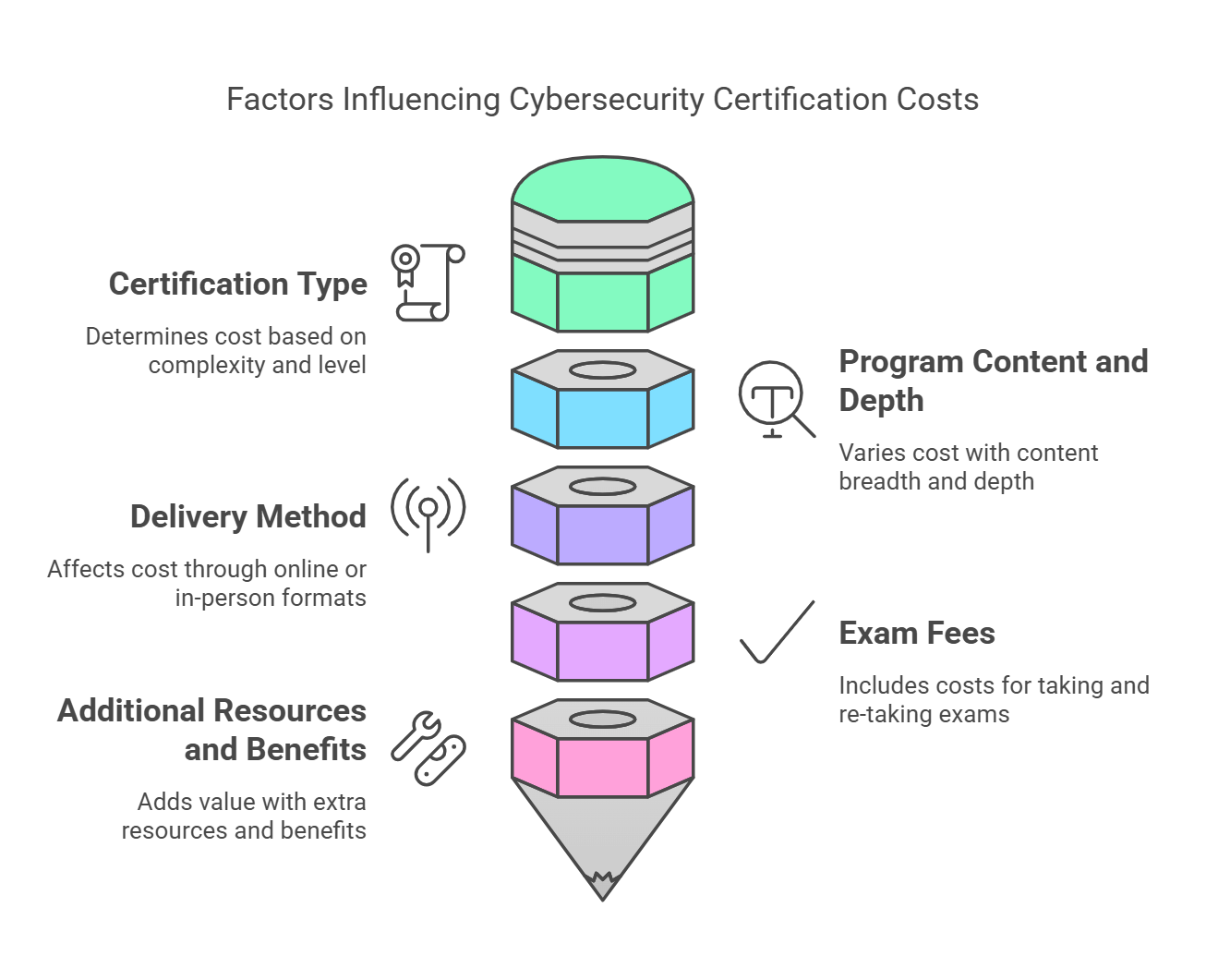
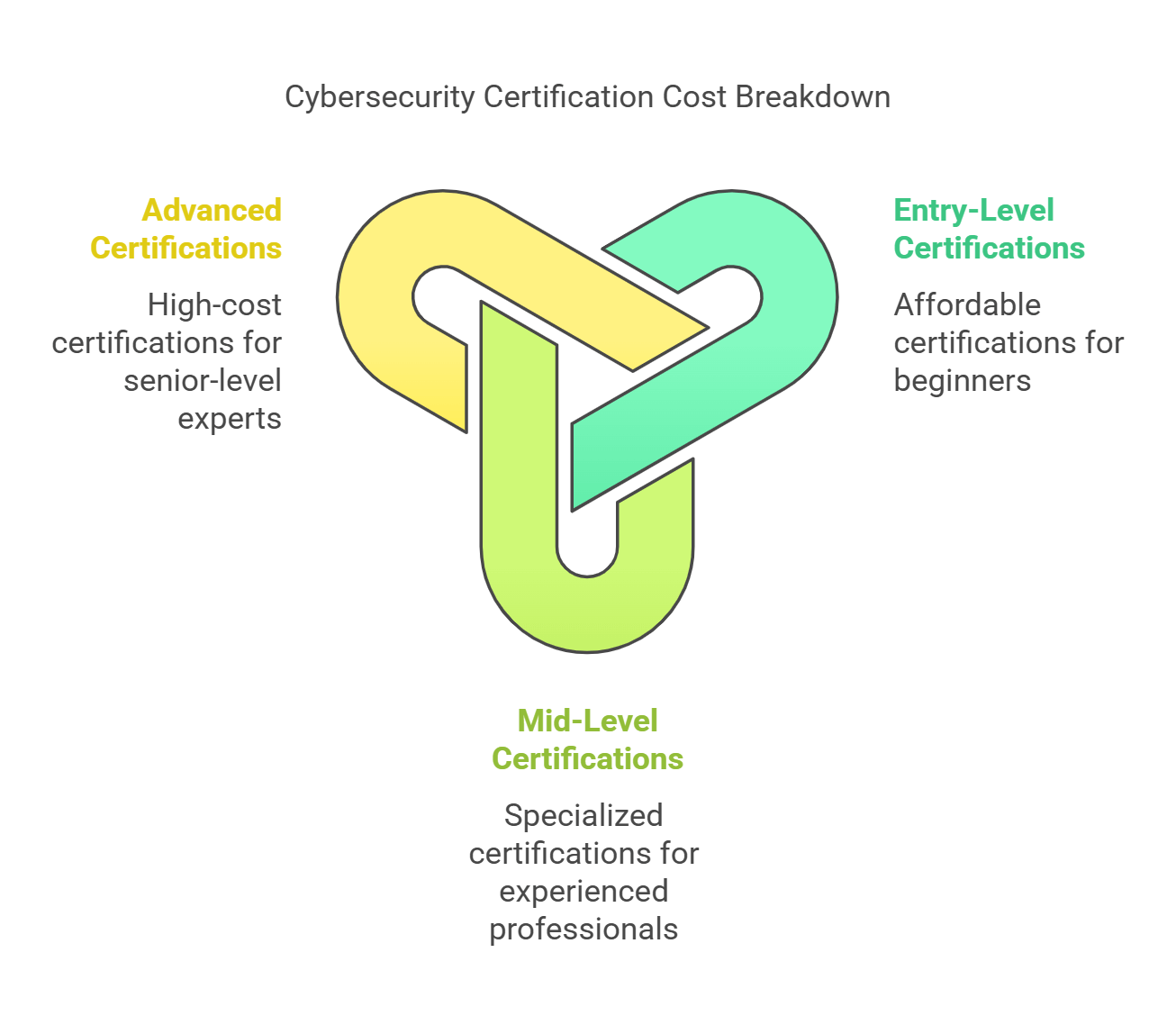
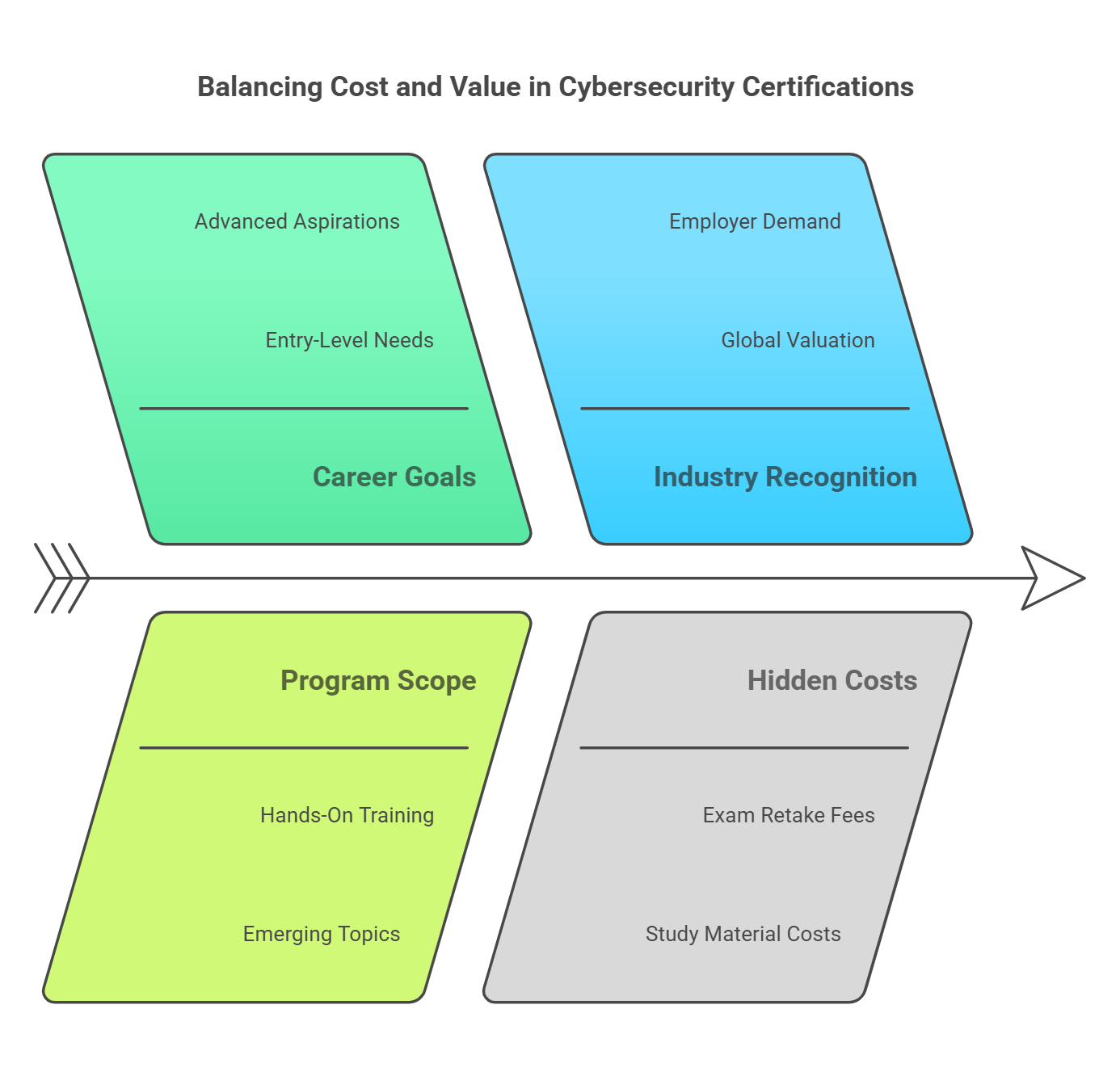 Career Goals
Career Goals